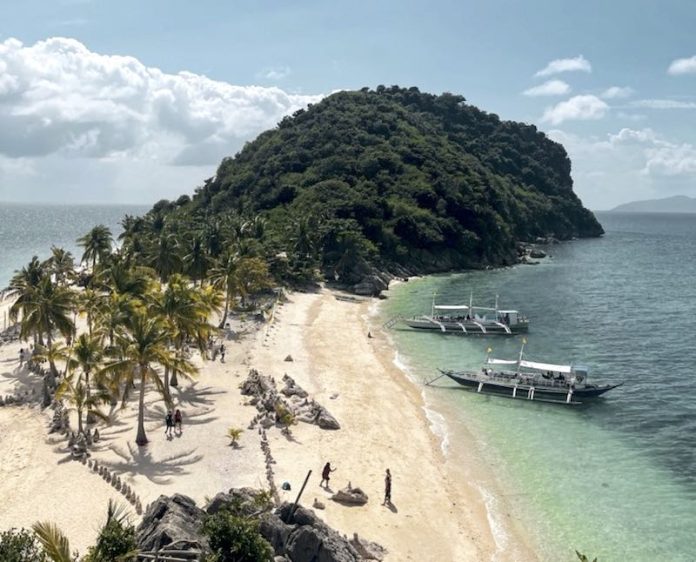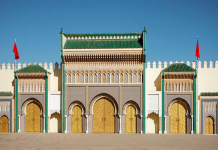PRESIDENT Ferdinand R. Marcos Jr. on Monday played up the importance of the tourism industry in boosting the economy, especially in the area of job generation.
While he did not specify any targets relating to arrivals, receipts, and tourism employment, Marcos Jr. in his first State or the Nation Address (Sona), stressed, “Tourism is not only an important economic development tool, but the abundance of opportunities that the sector creates in terms of regular employment and even job creation at the grassroots level is undeniable.”
A World Travel & Tourism Council report showed that prior to the pandemic, the Philippine tourism and travel sector’s contribution to the gross domestic product (GDP) was 22.5 percent, or US93 billion, in 2019. The following year, however, the contribution plunged to just 4.8 percent or $17.8 billion of total GDP, as pandemic travel restrictions were imposed around the world. (See, “WTTC sees PHL tourism raising $155B by 2032,” in the BusinessMirror, April 20, 2022.)
A change in branding campaign?
Marcos also hinted at a possible change in the country’s branding campaign to attract foreign tourists. “They say that each brand has a story. As for the Filipino brand, ours is deeply rooted in our rich cultural heritage and the tourism sector plays an invaluable role in the promotion of the Filipino brand,” he said. “To foster the Filipino brand is to spark our sense of pride and reaffirm our strong sense of identity. It is time to welcome the rest of the world with an enhanced Filipino brand that is unique, attractive, and creative.”
The current branding campaign based on the slogan, “It’s more fun in the Philippines,” was launched in 2012 under the term of the late Tourism Secretary Ramon Jimenez Jr. and has won several international advertising and branding campaign awards. Under that campaign, the country has been able to attract 8.26 million foreign tourists in 2019, a historic high, before Covid-19 halted global travel.
Marcos Jr. also underscored the need for easier access to tourism destinations, thus the construction of better roads and upgrade of airports. He avoided mentioning the country’s main gateway—Ninoy Aquino International Airport—which some lawmakers now want to be renamed again, this time after the President’s late father, Ferdinand Sr.
Naia was named after the former opposition lawmaker, who was assassinated on the airport’s tarmac on August 21, 1983 as he returned from exile. Several military men who fetched him from the plane were convicted and jailed.
Improve roads, upgrade airports
“To boost our tourism industry, we will first and foremost make basic developments such as road improvements for easier access to tourism spots. We will also upgrade our airports and create more international airports to help decongest the bottleneck in the Manila airport,” he said.
The President said the program to improve access around the country, even to “remote, undiscovered tourist spots” will be led by the Department of Tourism, together with the Department of Public Works and Highways.
In a mix of English and Filipino, Marcos Jr. likewise lamented the pandemic’s impact on the creative industry and the need to protect its stakeholders. “The creativity of the Filipino is truly world-class. We excel in arts and culture, new media, live events—avenues which generate primary and downstream jobs for our creative and talented countrymen. Unfortunately, their livelihood was among the first severely affected and the last to return to normal.”
He noted the industry’s challenges, which include “workplace conditions, working hours, intellectual property rights, and the welfare of our beloved freelancers who were left vulnerable during the height of the pandemic.”
“We require an institutionalized creative industry that will advance the interests of its stakeholders—they who have given soul and recognition to our Philippine identity. We should protect them,” he said.














